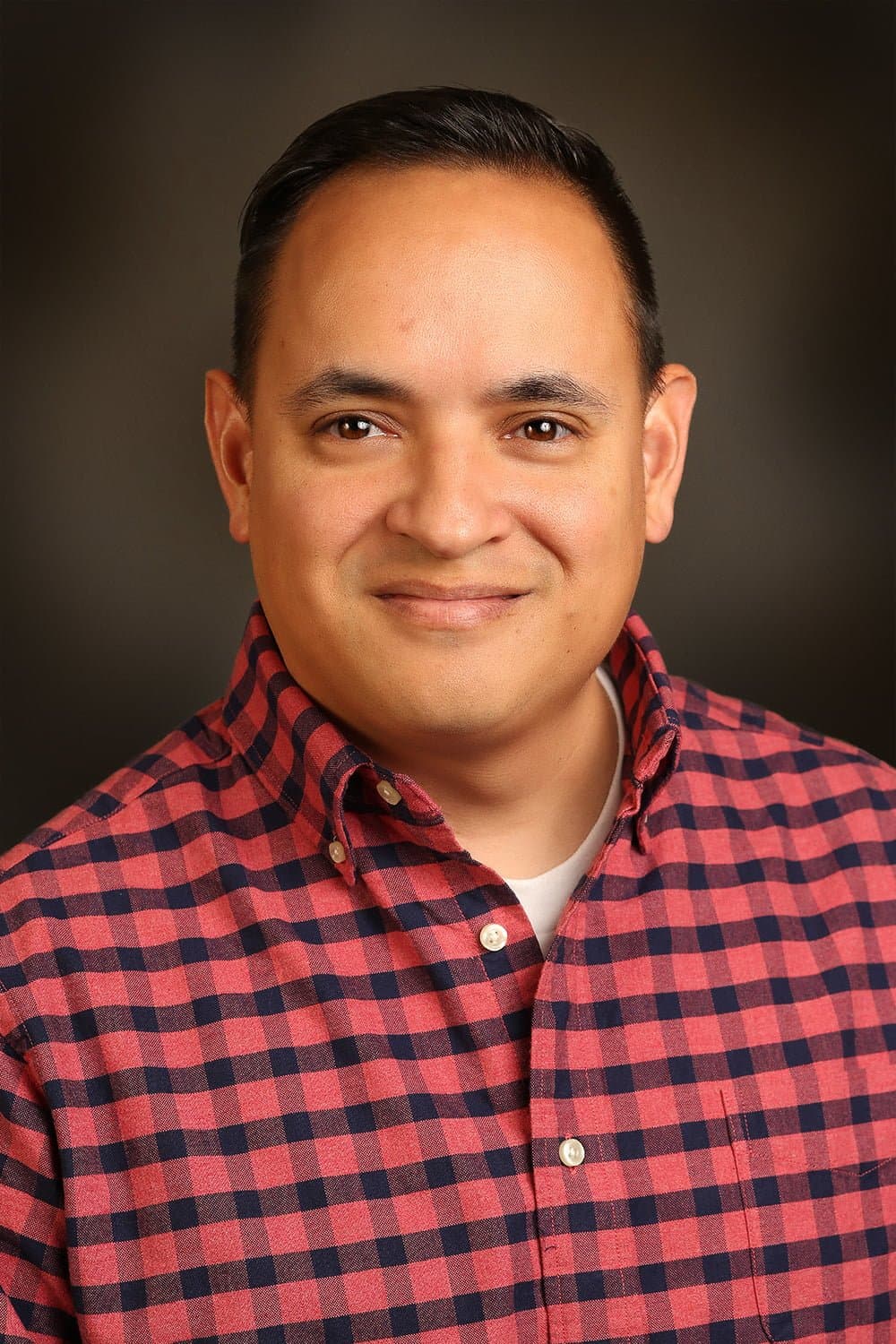
2025-12-22T09:25:06
Brain Rot: How Short-Form Videos Are Changing Our Brains and Attention Spans
- Behavioral Health
![]() Medically reviewed by Allan Pauole CMHC.
Medically reviewed by Allan Pauole CMHC.
January 8, 2024 | Behavioral Health
Specialties:Behavioral Health

As we finish up 2023 and embark on 2024, I enjoy pausing and reflecting upon the last year and looking at what I want to accomplish during the next year. As with most things in life, good beginnings start with good endings.
Like most of my colleagues, I am not typically a huge fan of New Year’s resolutions. They are often too large and can be quite overwhelming for the brain to handle. Because of this, they are often quickly abandoned soon after the New Year. Instead, I like to advocate for a few goals that can be accomplished throughout the course of the entire year. Our brains typically can handle small steps over a long period of time. I like the first steps to be very small so that we can build up the confidence and momentum needed to make lasting changes.
The old adage “Change is inevitable” has a lot of clout, especially living in a post-Covid-19 world. I am constantly amazed at how quickly and suddenly solutions to problems can develop, especially over the last 4 years. Even positive change comes with a certain amount of stress. This can include graduating from school, getting married, having a new baby, or getting a new job promotion. Any change brings about some level of uncertainty. So how do we deal with change? We learn to accept rather than expect. A neighbor of mine recently told me a story about being on a flight where a child next to him vomited, and some of the vomit ended up on him. The mother of the child profusely apologized, but he reassured her that it was not necessary. He was the father of six young children and had been in that type of situation before while raising his family. He had simply gotten used to the idea that things like this happen and are a part of life. It is also important to remember that we are most vulnerable during transitional phases in life because this is when we fall out of our normal routines and are not sure what to expect.
I recently had another opportunity to participate in the Everyday Strong discussion series with Michaelann Gardner, Senior Director of United Way of Utah County. She invites different professionals to talk about topics that are of interest to the community. I was recently asked to speak on the topic of “identity,” including how it is developed and influenced. Often, that list is long and varied. Some influences on our identity are not always positive, so it is vital for each of us to live the most authentic version of ourselves, regardless of the consequences. Listen to that podcast here:
Because Utah historically has the largest families in the country, birth order has become very pronounced in our state. Birth order is an interesting facet of personality development and certainly impacts how we perceive things. Birth order has a powerful influence on who we are, who we marry, the jobs we choose, and even the kind of parents we end up becoming. For example, did you know that of the first 23 astronauts in space, 21 were first-borns and the other two were only children? First-born children tend to be more natural leaders and usually become our CEOs and presidents. I don’t think it is a coincidence that comedians like Billy Crystal, Martin Short, Chevy Chase, Steve Martin, and Kevin Hart are all the youngest of their sex and their families. Middle children tend to be more of an enigma. They sometimes float quietly and seamlessly along helping with whatever needs come up in the family. They tend to be a bit more skilled in negotiating needs and wants within their spheres of influence. Entrepreneurs such as Steve Forbes and Bill Gates came from middle or later-born positions in their families.
Having a healthy ego is a choreographed dance of acknowledging our own failures and insecurities while at the same time celebrating our successes and positive attributes. It’s about understanding that all individuals have infinite worth but are also capable of mistakes and growth. The healthy ego is not interested with impressing others. People who have this trait do what makes them happy and are the most authentic versions of themselves, regardless of what others think. One of the most entertaining basketball players of all time is Dennis Rodman. He was known for his ability as a great defensive player, but he was also known for his ‘extracurricular activities’ off the court. These activities created a lot of negative attention for him, and he was judged harshly because of them. During his Hall of Fame speech, he said he was most often asked if he had any regrets about his NBA career. He said, “I have one regret; I wish I was a better father.” Despite all his accolades, including winning five NBA championships and being named the Defensive Player of the Year twice, he showed great humility by publicly acknowledging that he fell short in other areas of his life. This is one of the many reasons why he was always a favorite of mine. It is important to check our ego at the door.
One of the trappings that comes with our humanity is to fall into cognitive thinking errors that keep us stuck in old ways of thinking. These thoughts are often habitual, inaccurate, and negatively biased. I have sometimes referred to this as “stinking thinking.” When we fall into this trap, we will look for any evidence, no matter how absurd or obscure, to support our thinking. A common thinking error is to take a very “black or white” and perfectionistic approach to problem solving. An “absolute” thinking pattern limits our growth because it doesn’t allow us to consider outside, alternative, or more accurate answers. When I was growing up, my dad was a Computer Scientist and we used to tease him that he could run a small country from the comfortable home office that he often worked from. But if any problem came up that couldn’t be solved within the context of his work, then the answer likely didn’t exist. We should avoid this pitfall because it prevents us from growing and being happy. We have to remember that most putts don’t drop, most meat is tough, most children grow up to be average, most everyday obstacles are usually resolved immediately, and broken crayons still color just as well as brand new ones.
As we are about to enter what is sure to be a very polarizing political year, we are inevitably going to encounter problems as we try to advocate for different viewpoints. The American Psychological Association has developed some helpful tips to guide our conversations in a more helpful and positive direction. I encourage you to view them at American Psychological Association.org
Easily one of the most difficult aspects of being human is learning to navigate the always-changing landscape of intimate relationships. It is common for us to blame or take out our frustrations on those who are closest to us, even when they are not at fault. For example, we like to assume that if Mike is upset with Susie, then Susie must have done something to upset Mike. However, rarely do I find this to be the case. Often, I find that the angry person was upset beforehand about something unrelated to the other person. Anger expressed outwardly is usually a reflection of anger being experienced inwardly. Anger is also considered to be a secondary emotion, which means it is being driven by another need that isn’t being met. In my experience, I have found that fear is often the biggest culprit of anger.

WRITTEN BY:
Allan Pauole, CMHC
Allan Pauole is one of our mental health therapists. He has worked for Utah, Juab and Millard counties providing both mental health and substance abuse counseling for hospitals, Utah’s drug court population, and private agencies. Allan also worked for the Paiute Indian Tribe of Utah as a social worker and served as the primary liaison for the tribe in all child custody hearings involving the Division of Child and Family Services and the juvenile courts. He is quite versed in navigating the sometimes dueling interests between the mental health and legal systems. Allan has been a licensed clinical mental health counselor for over 15 years and has extensive training in Motivational Interviewing (MI), Dialectical Behavior Therapy (DBT), substance abuse counseling, and Trauma Focused Cognitive Behavior Therapy(TF-CBT). He is EMDR trained. He is also able to treat all forms of Anxiety, Depression, ADHD, PTSD, and Personality Disorders for patients of all ages. He has an especially strong interest in working with teens and college age adults as he recognizes the challenging and unique transition phase this can be.

2025-12-22T09:25:06

2024-10-24T14:28:12

2024-07-02T11:42:04

2024-04-09T04:30:04
This information is not intended to replace the advice of a medical professional. You should always consult your doctor before making decisions about your health.